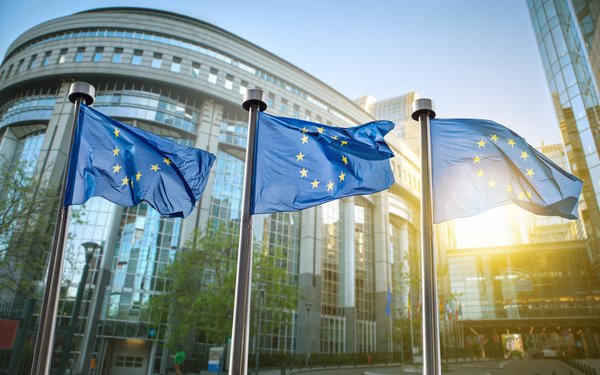
The European
Union’s proposed overhaul of its copyright law is overreaching and will negatively affect many publishers.
The copyright directive, which awaits final approval by the European Parliament
in January before becoming law, may be well intended — but it will radically change how the internet works. It will likely limit press freedom and hobble smaller publishers with fewer financial
resources.
Facebook and Google are among the tech companies pitted against major media companies in the controversy over two sections of the copyright law: Articles 11 and 13.
Article
11 would grant content creators copyright over the sharing of their content online. They could charge aggregators like Google News for showing snippets of stories. Critics have described the law as a
“link tax,” but its supporters say links would be exempt.
That’s a relief, considering how many times I link to other sources on the internet.
Article 13 is even more
contentious with its requirement of “effective content recognition” technology to identity copyrighted content that users post online. The film, television and music industries support
this rule because it could mean payments of billions of dollars from companies like Facebook and Google.
More likely, the tech companies will spend millions more on content filters to screen
and censor material before it’s posted. That means the media industry won’t get that billion-dollar windfall from Brussels.
As a person whose livelihood is derived from creating
content, I support strong copyright protections. But Google and Facebook are imperfect content gatekeepers.
Facebook has demonstrated — repeatedly — that it can’t prevent all
nefarious activity on its platform. The social network is in a constant battle to remove objectionable content and government-sponsored misinformation campaigns.
Google’s YouTube
video-sharing platform has been criticized for placing ads alongside videos posted by hate groups and terrorists. And this is a company said to have spent tens of millions of dollars on an error-prone
Content ID system to stop users from posting unauthorized copyrighted work on its platform.
Google, which says it doesn’t make any money from Google News, likely will stop the
aggregation service in EU countries that sign on to the law. Google won’t see any effect on its bottom line.
The copyright directive basically replaces a voluntary company-run system
with another bureaucratic, government-run authority.
The companies more likely to suffer are smaller publishers that get traffic from Google News. A publishing trade association in Spain said its
members lost millions when Google ended its Google News in the country after it changed its laws.
Google and Facebook will become even more entrenched in the digital media landscape as the law
drives up development and compliance costs for smaller competitors. It’s akin to Amazon’s cheering the $15 minimum wage in the United States because the ecommerce giant has deeper pockets
than smaller retailers that feel a greater effect from rising labor costs.
The result will be fewer choices, fewer voices.